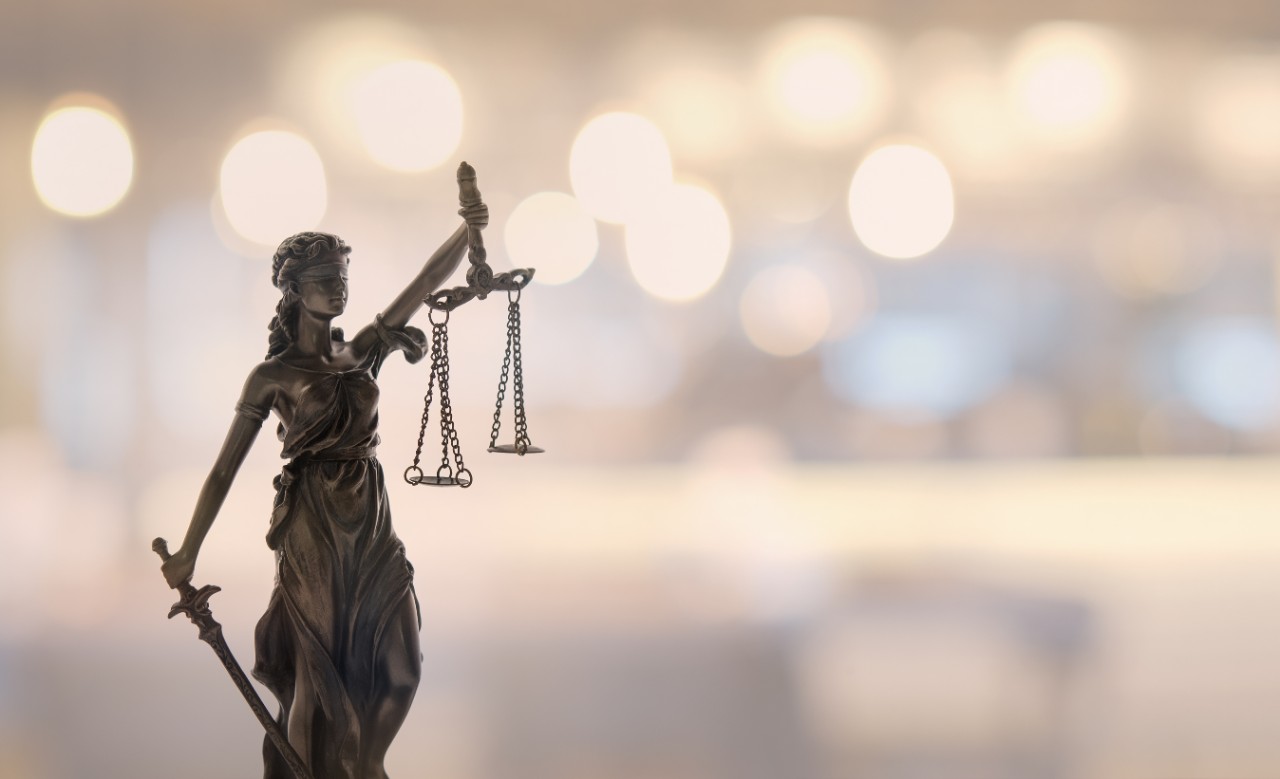
UC Law to host lecture on the Fourth Amendment, racial inequality
Discussion will highlight how the Fourth Amendment creates space for racial inequality to grow
Devon W. Carbado, associate vice chancellor of BruinX for Equity, Diversity and Inclusion at UCLA and the Honorable Harry Pregerson Professor of Law at UCLA School, will discuss how Fourth Amendment law produces and legitimizes racial inequality in his lecture “Constitutionalizing Racial Inequality.”
The event will be held at 12:15 P.M., Wednesday, April 3, in Room 114 at the University of Cincinnati College of Law. This event is the 2019 Robert S. Marx lecture.
Much of the scholarly and public debate about race and the U.S. Constitution focuses on the Fourteenth Amendment. Perhaps this should not surprise us. After all, the Fourteenth Amendment contains three clauses that bear directly on the persistent problem of racial inequality: the Citizenship Clause, the Due Process Clause, and the Equal Protection Clause.
However, the Fourteenth Amendment is not the only constitutional context where questions of racial equality are doctrinally negotiated; the Fourth Amendment is another.
Professor Carbado’s presentation will highlight the profound and disturbing ways in which Fourth Amendment law produces and legitimizes racial inequality. Significantly, the story he will tell is not first and foremost about intentional racist behavior. Nor is his account centrally about implicit racial bias.
Broadly articulated, Carbado’s aim is to map the structural features of Fourth Amendment law—in clear and accessible terms—and explain how they combine to create a constitutional field in which racial inequality can legally grow.
About the lecturer
Devon W. Carbado is an associate vice chancellor of BruinX for Equity, Diversity and Inclusion at UCLA and the Honorable Harry Pregerson Professor of Law at UCLA School of Law. His expertise includes constitutional criminal procedure, constitutional law, and critical race theory. Professor Carbado’s scholarship has appeared in the UCLA Law Review, the California Law Review, the Yale Law Journal, the Cornell Law Review, the Harvard Law Review, and the Georgetown Law Journal, among many others. He is the recipient of numerous teaching awards, including Professor of the Year by the UCLA School of Law, the Rutter Award for Excellence in Teaching, the University's Distinguished Teaching Award, and the Eby Award for the Art of Teaching. Professor Carbado was named an inaugural recipient of the Fletcher Foundation Fellowship, which is awarded to scholars whose work furthers the goals of Brown v. Board of Education. A former Vice Dean of UCLA School of Law, he has taught at UC Berkeley Law School and Harvard Law School. Currently, he is working on a book project with the New Press on race and the Fourth Amendment.
About the Robert S. Marx lecture
The Robert S. Marx Lecture was established by Judge Marx to enrich the curriculum of the College of Law by bringing to the law school the scholarship and learning of eminent persons in various fields of law. Judge Marx was a graduate of the College of Law and an outstanding member of the Cincinnati Bar for 51 years. The lecture was endowed in 1989 through the generosity of the Robert S. Marx Testamentary Trustees.
Related Stories
UC celebrates Earth Day with greener, bolder moves
April 18, 2025
This year, UC’s Earth Day celebration honors a growing portfolio of eco-conscious achievements that stretch across the main and regional campuses. In a university-wide effort that bridges environmental science, design and community action, Bearcats are proving that green isn’t just a color — it’s a culture.
UC student receives renowned Truman Scholarship
April 18, 2025
Harshman Sihra, a reproductive health advocate planning a future as an OBGYN and public health policymaker, is now the third University of Cincinnati student to win the Harry S. Truman Scholarship.
IMPACT Innovation receives grant for new 12-seater van
April 18, 2025
IMPACT Innovation at the IDD Education Center proudly announces the addition of a new 12-seater transit van, made possible through a 5310 grant from the 2023 cycle. This vital resource will expand transportation services for adults with autism, supporting access to employment, education, and community experiences. The milestone was celebrated with a ribbon cutting ceremony featuring the program’s first associate, a celebratory ride, and recognition of key partners including the Ohio-Kentucky-Indiana Regional Council of Governments and American Bus. The new van symbolizes increased independence for the participants, furthering IMPACT's mission to create meaningful, community-integrated opportunities for individuals with disabilities.
